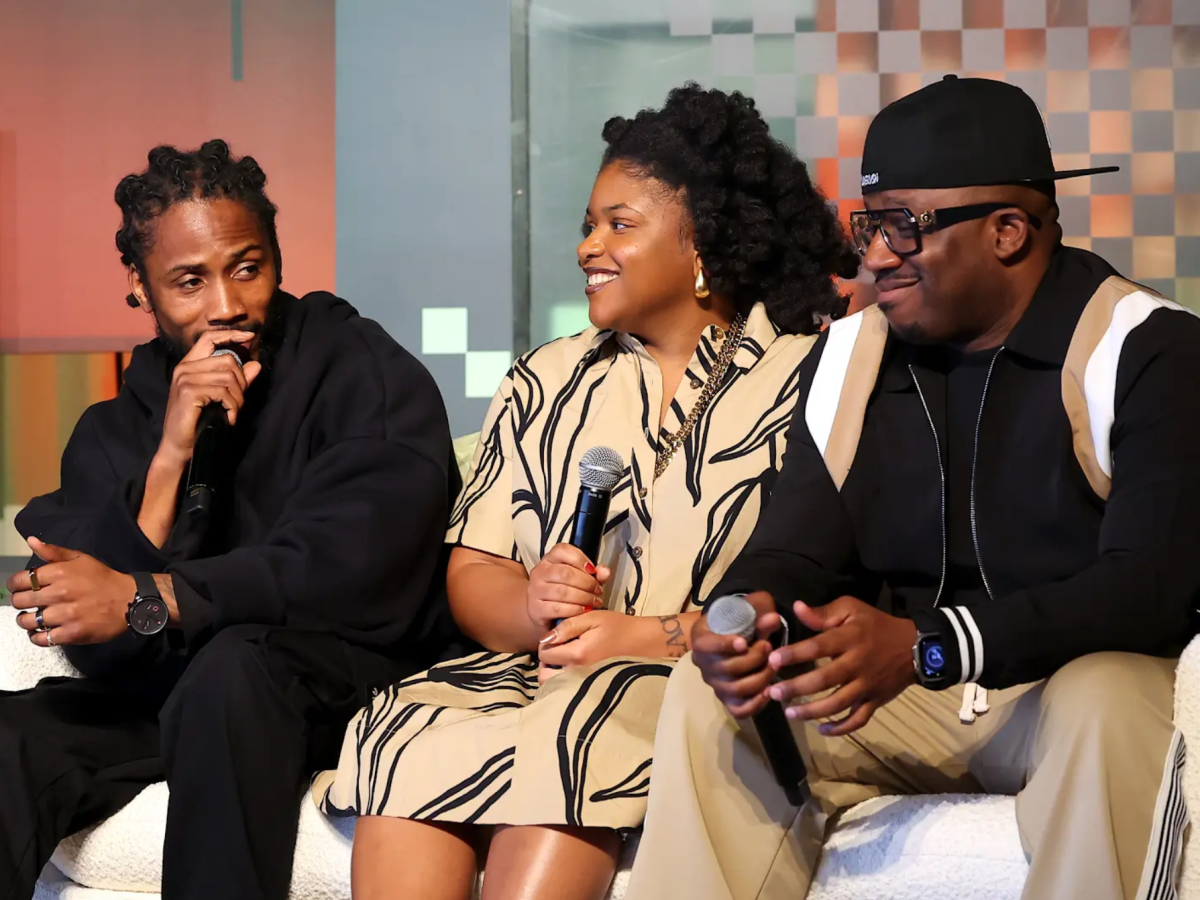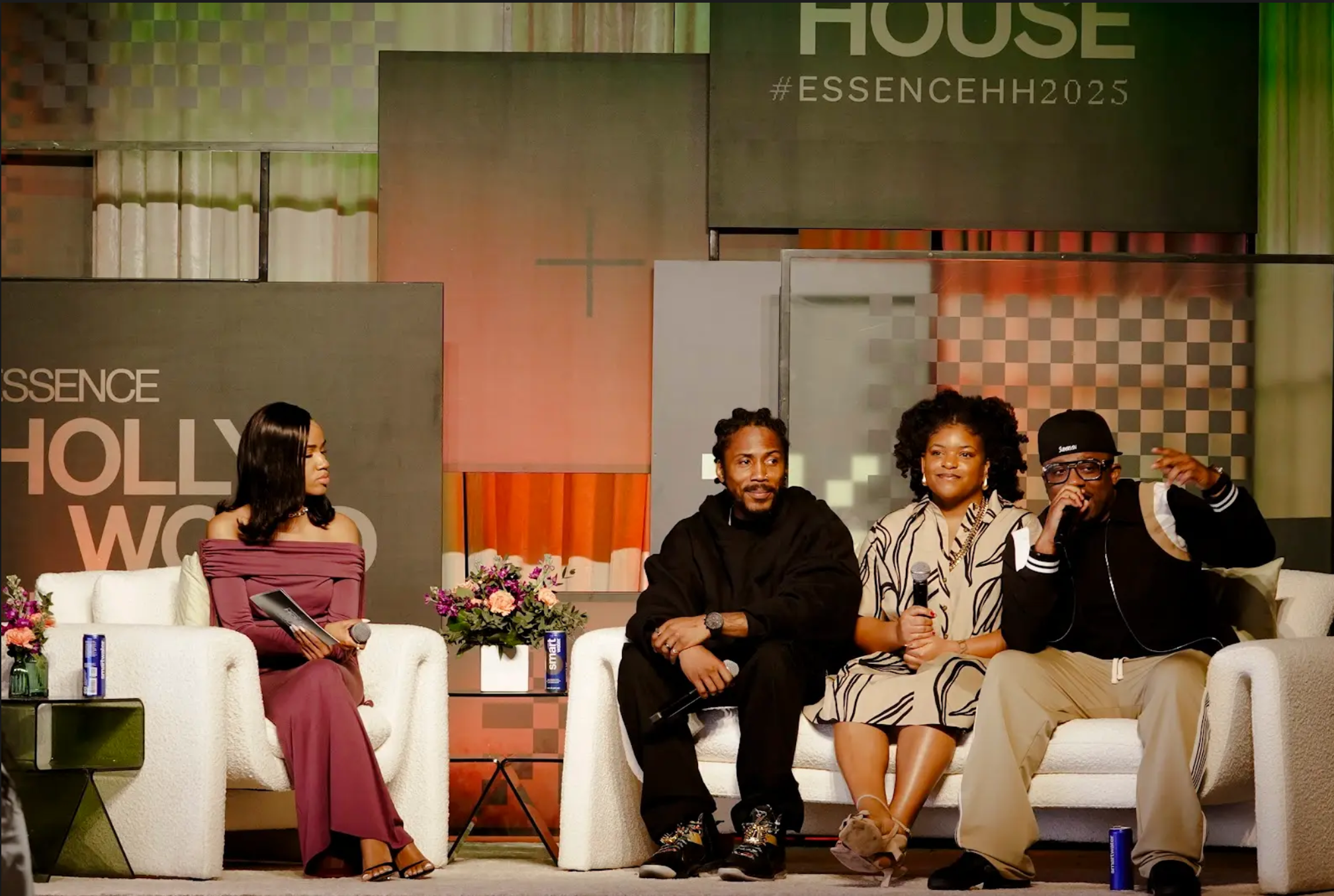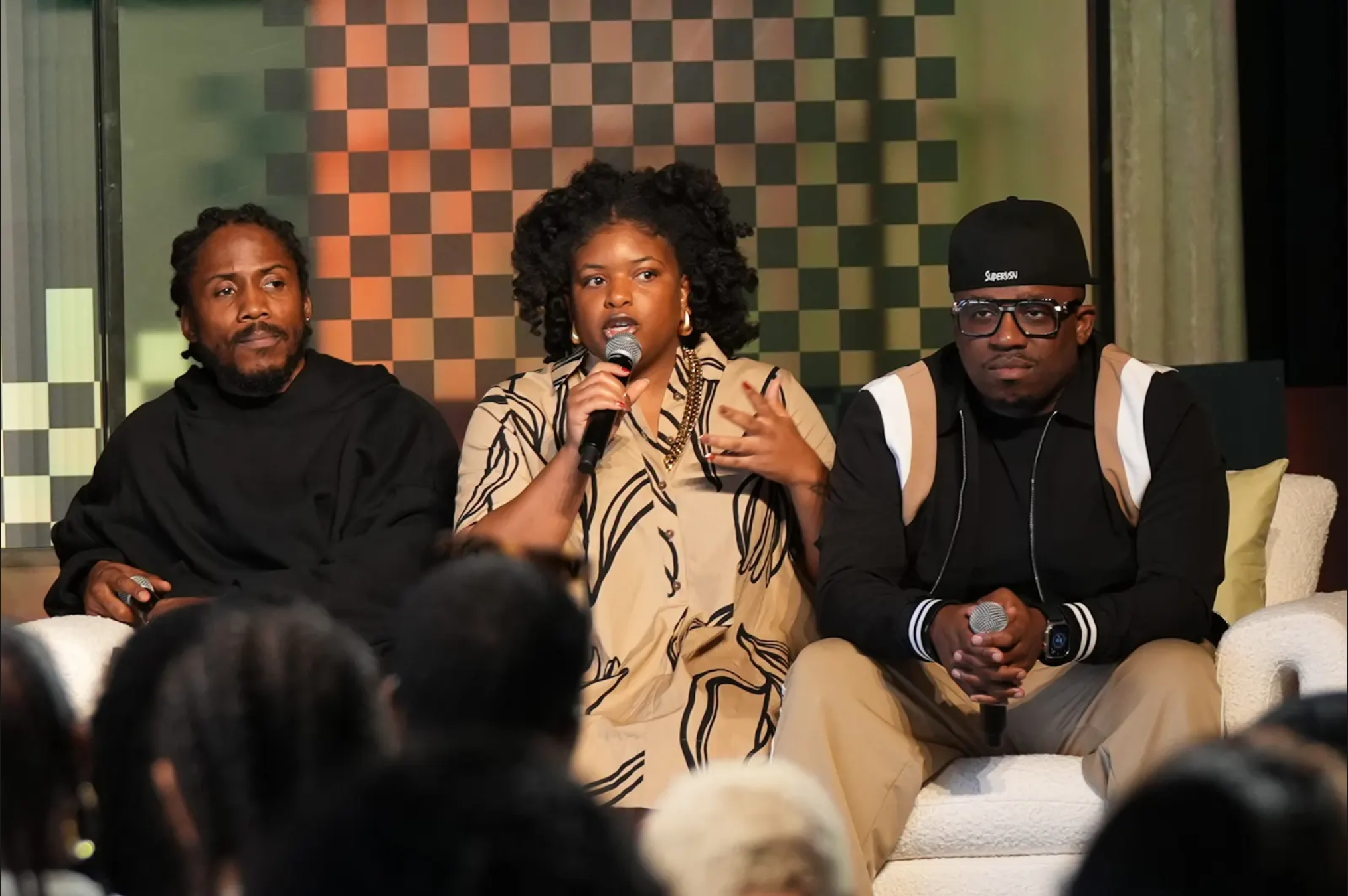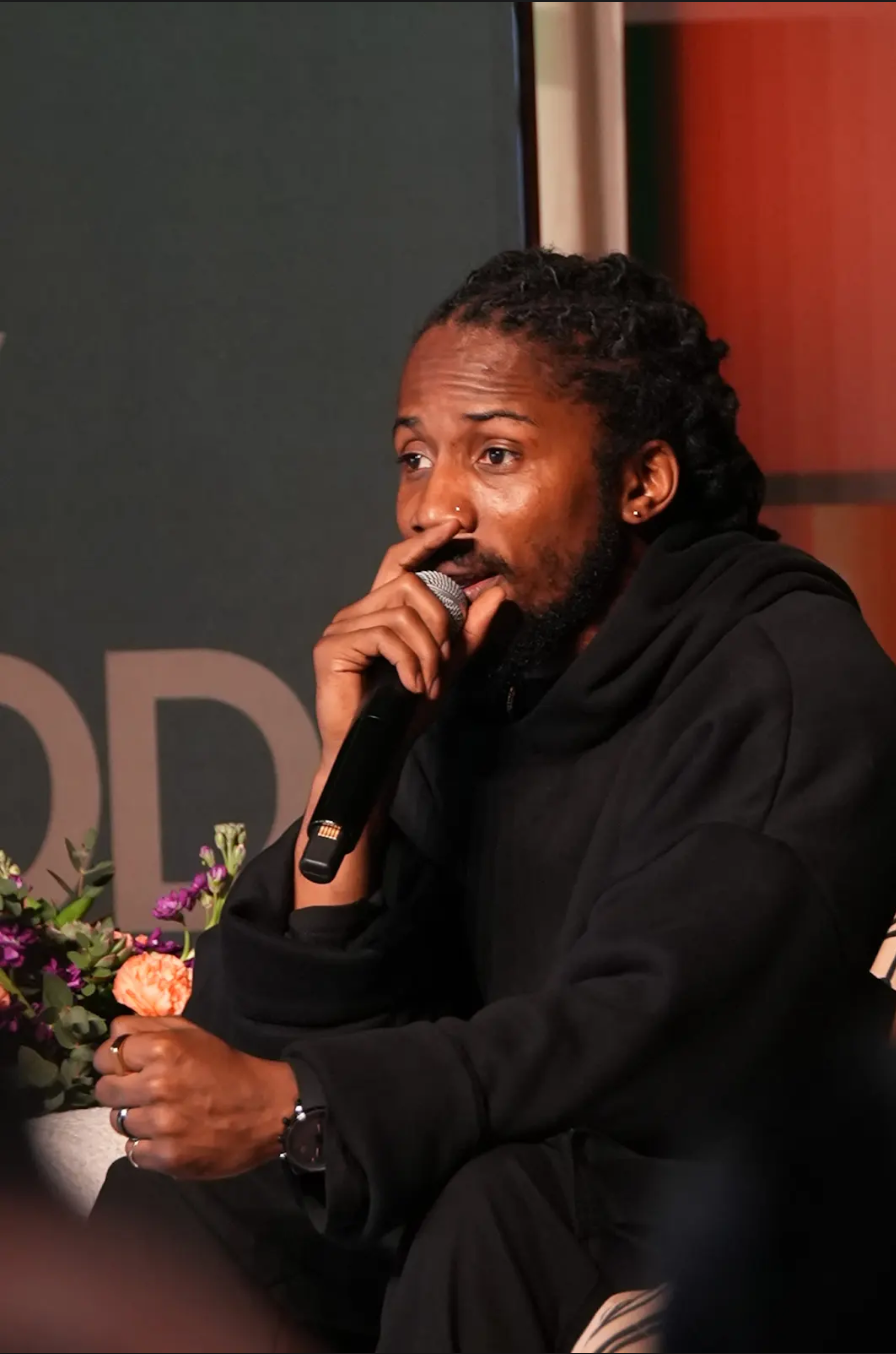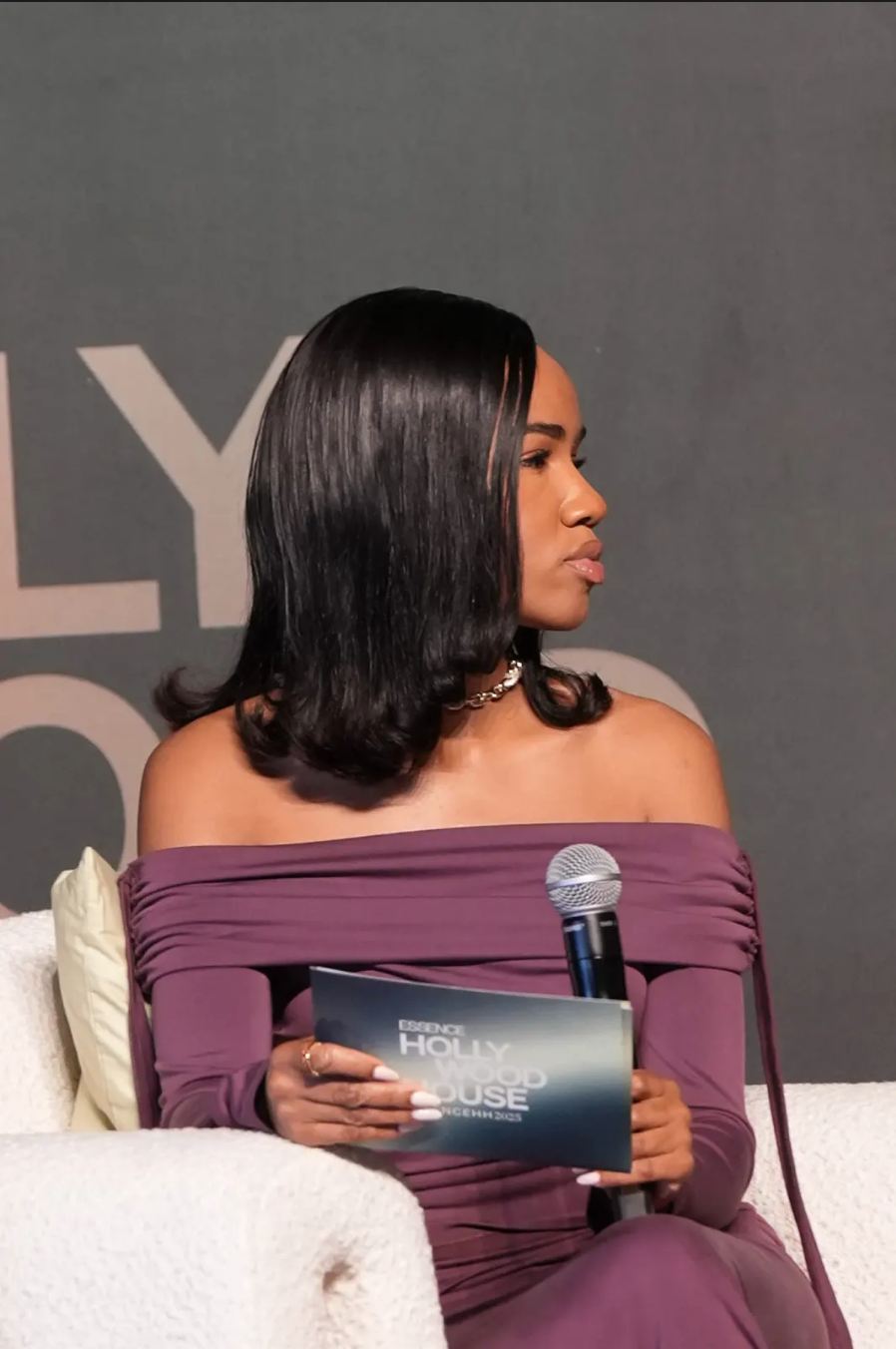For me, Nigerian-American author Bassey Ikpi’s new essay collection, I’m Telling The Truth, But I’m Lying, was an easy read. Not because it didn’t devastate me, because it did. And not because the writing wasn’t beautiful and compelling, because it was.
It was an easy read because as someone who’s struggled with mental illness nearly my whole life — in and out of hospitals, in and out of neurosis, in and out of despair — her account felt like looking in a mirror.
I didn’t need to make a leap to understand Ikpi’s experiences, because I have lived and continue to live many like it.
In the beginning of the book, Ikpi says of her grandmother “…She held the same face. This face she gave your mother, silently asking her to pass it on. And she did.”
With this debut, Ikpi has passed something on as well. She’s passed on a vital account for Black and brown women struggling with depression, anxiety, or other mental health issues, but who have been told that their stories don’t matter.
Ikpi, whose upcoming book tour spans 11 cities, tells ESSENCE she wrote I’m Telling The Truth, But I’m Lying three years ago, during one of the worst depressive episodes of her life. “I was very certain that I wasn’t going to make it out,” the former poet says. “I wanted to document it, and I wanted the people in my life that I loved and cared about and that loved and cared about me to know what a struggle it had been for so long.”
Thankfully, Ikpi did make it out of that depressive episode, coming out on the other side with this book, which could help countless Black and brown people struggling with mental health issues.
Ikpi’s memoir is part of a growing tapestry of narratives about people of color existing with mental illness and trauma. I’m Telling The Truth, But I’m Lying is in good company; Haudenosaunee writer Alicia Elliot’s A Mind Spread Out On The Ground and Black writer Kiese Laymon’s Heavy: An American Memoir both delve into similar themes of mental illness, fractured/incomplete memory, the importance of place and belonging, and both familial love and familial legacies of trauma.
These books and Ikpi’s are a gift. They are the stories that often go unheard, written by people who are often erased. But Bassey — who founded The Siwe Project, a non-profit dedicated to mental health in the Black Diaspora — knows her story is worthy of being heard.
“One of the things that I had to battle through while trying to write this book was this idea that as a Black woman, my story wasn’t enough,” Ikpi says. “We’ve invested in this idea that our stories are only as important as somebody else being invested in the story. But our stories are enough.”
Ikpi told ESSENCE that she was reflecting on this after the devastating passing of literary icon, Toni Morrison. “It just reinforced for me how important it is for us to be able to tell our stories for ourselves. Everybody else can just get in where they fit in,” Ikpi says.
Ikpi is now the healthiest she’s ever been, saying that writing the book was ultimately a healing experience, allowing her to work through complicated familial dynamics with her loved ones and to explore the lines between memory and truth and reality and imagination.
But most of all, she’s grateful that through this process, she’s been given “a template and a blueprint that says it gets better.”
When she first began to write, Ikpi told NPR that she “… thought that there would be no more mornings for me… And the fact that I’m sitting here three years later with a collection of essays that I wrote through very difficult times in my life, with proof that I made it through those times… I feel fantastic.”
Because of that, Ikpi wants to push back on the romanticization of the intersection of mental illness and art, saying that “Creatives who live with any mental health disorder, they produce and create art despite [the condition]. Not because of it.”
After touring with Def Poetry Jam for three years, Ikpi experienced a severe mental health episode, triggered by travel-induced stress, insomnia, and depression. She left the tour to seek treatment and was diagnosed with Bipolar II Disorder. Since then, she’s been open about how it feels to have this condition, including in an excerpt of her book published in the New York Times.
According to the Mayo Clinic, bipolar disorder is a mental health condition that causes unstable moods, including periods of depression, and mania (which can bring feelings of euphoria, grandiosity, and elevated energy). Hypomania is another symptom of bipolar disorder, however, it is less severe than mania, and usually has a more rapid cycle. Those who are diagnosed with Bipolar II have gone through depressive episodes and hypomanic episodes, but no manic episodes.
For Ikpi, writing this book would have been detrimental to her mental health had she not worked with a therapist and intentionally safeguarded herself from certain triggers. But that part of the writing process, particularly for mentally ill artists, often gets erased in favor of dramatic portrayals that glorify pain. And Ikpi says that needs to change.
“I’ve been fighting against that notion for as long as I can remember, because so many people think that ‘If you didn’t have bipolar disorder, you wouldn’t be the kind of writer or artist that you are.’”
But there’s nothing desirable about this kind of suffering. Ikpi says that, counter to popular notion, it doesn’t even make most people create a large volume of high-quality work.
“When I was experiencing insomnia and hypomania, I had more time in the day to create things,” Ikpi tells ESSENCE. “But I was creating at a high speed because I couldn’t shut my brain off,” Ikpi says, noting that this often meant that what she was writing or working on was scattered and jumbled. “It was eventually more torturous than not being able to write at all. I would rather not write, I’d rather not do any of those things.”
Ikpi points out that many writers and artists whose struggles with mental health are now romanticized died by suicide or substance misuse, saying that “Ultimately for me, it’s much better for me to be healthy and unable to create than to be very creative and then completely unhealthy.”
In a 2010 op-ed for ESSENCE, Ikpi wrote that “Too many are afraid of the stigmas and judgments that come with openly admitting you need help and sleep and permission to cry… Getting help takes strength. Staying healthy takes strength. Being here takes strength. Feeling good is your right. Fight for it.”
In a world that — impossibly — expects Black women to be resilient beyond measure without expending the energy to protect us, Ikpi’s vulnerable collection of essays are a lifeline.
They aren’t prescriptive. They don’t offer solutions or treatments. And at first glance, it may seem like Ikpi doesn’t promise her readers anything. But she does.
In one of the essays, Ikpi writes “This thing ain’t easy. And I don’t mean to complain because this life is beautiful and it’s magic. And I am blessed and grateful. But this brain feels broken sometimes.”
Ikpi may not give us a fairy-tale conclusion. She doesn’t hold us by the hand and lead us to the finish line. The end of her story here is an ellipse, assuring us that there will be good days and bad days, an ebbing and a flowing… a push and pull. She shows why reaching out for help is brave, and necessary. And by telling her story, she tells us that our stories are enough.


